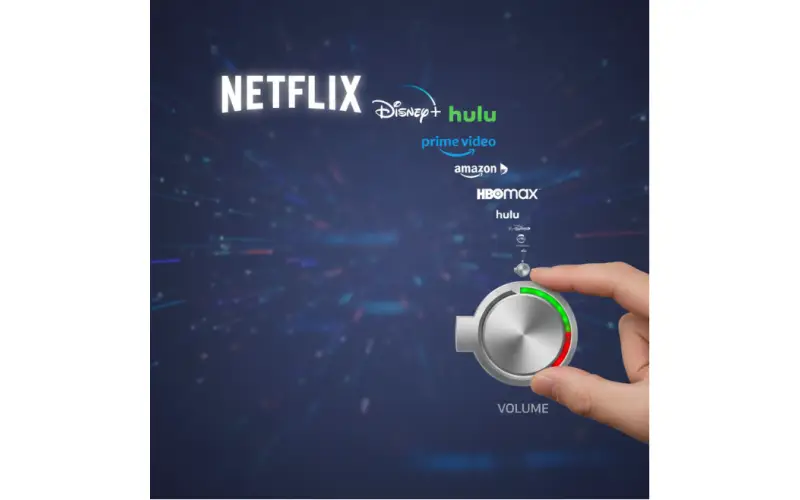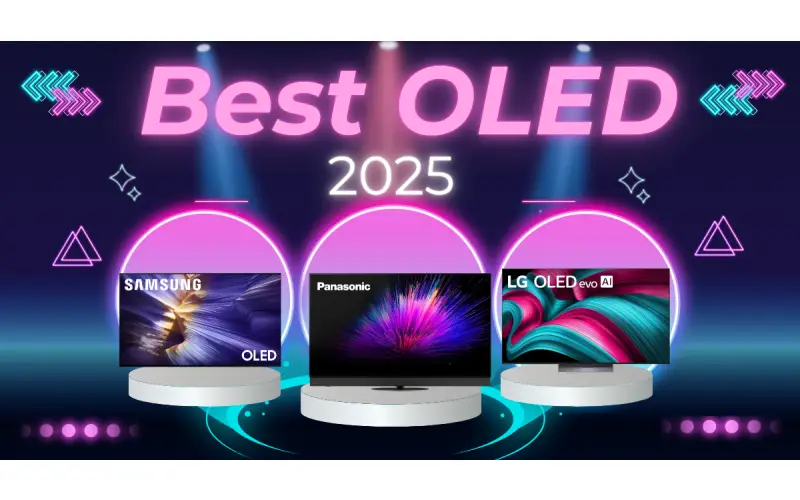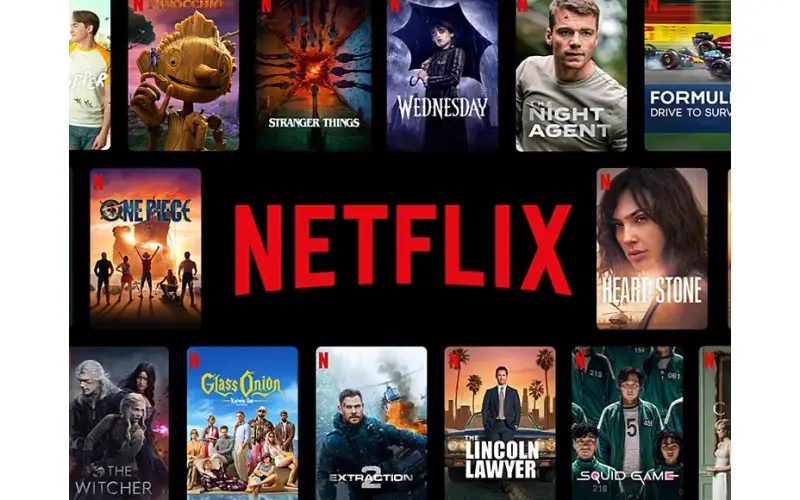By: Dipin Sehdev
In the ever-evolving landscape of digital music streaming, the perennial clash between Spotify and Apple continues to dominate headlines. However, amidst Spotify CEO Daniel Ek's relentless lobbying for regulatory intervention against Apple, a crucial narrative remains largely underemphasized: the undeniable superiority of Apple Music in terms of audio quality, user experience, and overall value. This article will dissect the core arguments, revealing why Apple Music not only meets but exceeds the demands of modern audiophiles and discerning consumers, while simultaneously debunking Spotify's claims of anti-competitive practices.
The Sound of Excellence: Apple Music's Hi-Res Audio and Dolby Atmos Advantage
At the heart of any music streaming service lies the quality of the audio it delivers. Apple Music stands head and shoulders above its competitors, particularly Spotify, in this crucial domain. While Spotify continues to grapple with the complexities of introducing a high-fidelity streaming tier, Apple Music has seamlessly integrated lossless audio and Spatial Audio with Dolby Atmos into its platform, at no extra cost to subscribers.
Let's break down the technical superiority:
- Lossless Audio: Apple Music offers lossless audio up to 24-bit/192 kHz, delivering a sonic experience that is virtually indistinguishable from the original studio recordings. This level of detail and clarity is a game-changer for audiophiles, allowing them to rediscover their favorite tracks with unparalleled fidelity. Spotify, on the other hand, struggles to provide a comparable offering, leaving its users with compressed audio that pales in comparison.
- Spatial Audio with Dolby Atmos: Apple Music's implementation of Spatial Audio with Dolby Atmos creates an immersive, three-dimensional soundscape that envelops the listener. This technology transforms the listening experience, making it feel as if the music is being performed live in the room. Spotify, while experimenting with similar technologies, has yet to achieve the same level of polish and widespread integration.
- Seamless Integration with Apple Ecosystem: Apple Music's tight integration with the Apple ecosystem provides a seamless and intuitive listening experience across all Apple devices. Whether you're listening on your iPhone, iPad, Mac, or Apple Watch, Apple Music ensures a consistent and high-quality audio experience. This level of integration is simply unmatched by Spotify, which often struggles with compatibility and performance issues on various platforms.
User-Friendly Interface and Intuitive Navigation: Apple Music's Superior User Experience
Beyond audio quality, user experience is paramount for any successful streaming service. Apple Music boasts a clean, intuitive interface that makes it easy to discover new music, create playlists, and manage your library.
- Intuitive Design: Apple Music's interface is designed with user-friendliness in mind. The layout is clean and uncluttered, making it easy to navigate and find the music you're looking for. Spotify, in contrast, often overwhelms users with a cluttered interface and confusing navigation.
- Personalized Recommendations: Apple Music's personalized recommendations are highly accurate and tailored to your individual tastes. The service leverages advanced algorithms and human curation to deliver a steady stream of new music that you're sure to enjoy. Spotify's recommendation engine, while improving, still falls short of Apple Music's accuracy and relevance.
- Seamless Library Management: Apple Music makes it easy to manage your music library, allowing you to create playlists, download tracks for offline listening, and sync your library across all your devices. Spotify's library management features are often clunky and unreliable, leading to frustration for users.
- Apple Music Radio: Apple Music Radio provides curated radio stations and live radio experiences, offering a unique and engaging way to discover new music. Spotify radio is a similar feature, but again lacks the polish and ease of use.
The Value Proposition: Apple Music's Competitive Pricing and Comprehensive Features
Despite offering superior audio quality and a more user-friendly experience, Apple Music remains competitively priced. In many cases, it is actually cheaper than Spotify, especially when considering the added value of lossless audio and Spatial Audio.
- Competitive Pricing: Apple Music offers a variety of subscription plans to suit different needs and budgets. Its individual plan is priced competitively with Spotify, while its family plan offers exceptional value for households with multiple users.
- No Extra Cost for Hi-Res Audio and Dolby Atmos: Unlike some competitors that charge extra for high-fidelity audio, Apple Music includes lossless audio and Spatial Audio with Dolby Atmos in its standard subscription price. This makes Apple Music an incredibly attractive option for audiophiles who want the best possible sound quality without breaking the bank.
- Comprehensive Features: Apple Music offers a comprehensive suite of features, including offline listening, lyrics, music videos, and exclusive content. These features are all included in the standard subscription price, providing exceptional value for money.
Addressing Spotify's Allegations: A Critical Examination
Daniel Ek's persistent accusations against Apple, focusing on alleged non-compliance with the DMA and anti-steering practices, warrant a critical examination. While regulatory scrutiny is essential for maintaining a level playing field, it's crucial to consider the context and the potential impact of excessive intervention.
- DMA Compliance: Apple has made significant efforts to comply with the DMA, introducing changes to its App Store and fee structure. While some may argue that these changes don't go far enough, it's important to recognize the complexity of implementing such sweeping regulations.
- Anti-Steering Rules: Spotify's claims that Apple prevents them from communicating with customers about alternative subscription options are largely overstated. Apple allows developers to communicate with customers outside of the App Store, but it also has a legitimate interest in ensuring that its platform remains secure and user-friendly.
- The App Store Ecosystem: Apple's App Store ecosystem has fostered innovation and provided developers with a global platform to reach millions of users. While Apple charges a commission on in-app purchases, this model has been instrumental in supporting the development of countless apps and services.
- Regulatory Overreach: Excessive regulatory intervention could stifle innovation and harm consumers. It's essential to strike a balance between promoting competition and protecting the integrity of the App Store ecosystem.
Spotify's Strategic Lobbying: A Quest for Market Dominance?
Daniel Ek's relentless lobbying efforts raise questions about Spotify's true motives. While promoting fair competition is a laudable goal, it's difficult to ignore the fact that Spotify stands to gain significantly from regulatory intervention against Apple.
- Market Share Dominance: Spotify currently holds a dominant position in the music streaming market, particularly in Europe. Ek's efforts to weaken Apple's position could further solidify Spotify's dominance and stifle competition.
- Financial Incentives: Ek's push for regulatory action coincides with Spotify's own financial challenges. By reducing Apple's competitive advantage, Spotify could potentially increase its subscriber base and revenue.
- Distraction from Internal Issues: Spotify has faced criticism for its low payouts to artists and its reliance on a free, ad-supported tier that cannibalizes paid subscriptions. Ek's focus on regulatory battles could serve as a distraction from these internal issues.
The Future of Music Streaming: Innovation and Consumer Choice
The future of music streaming depends on fostering innovation and providing consumers with a wide range of choices. Apple Music is at the forefront of this evolution, delivering superior audio quality, a user-friendly experience, and exceptional value.
- Continued Innovation: Apple is committed to continuous innovation in the music streaming space. The company's focus on lossless audio, Spatial Audio, and seamless integration with its ecosystem sets it apart from the competition.
- Consumer Choice: Consumers should have the freedom to choose the music streaming service that best meets their needs. Apple Music provides a compelling alternative to Spotify, offering a superior listening experience at a competitive price.
- Fair Competition: While regulatory scrutiny is essential, it's crucial to avoid excessive intervention that could stifle innovation and harm consumers. Apple's App Store ecosystem has fostered a thriving market for apps and services, and it's important to preserve this ecosystem.
Conclusion: Apple Music – The Clear Winner
In the ongoing battle between Spotify and Apple, the evidence is clear: Apple Music offers a superior listening experience, a more user-friendly interface, and exceptional value. While Spotify's CEO continues to lobby for regulatory intervention, consumers are increasingly recognizing the undeniable advantages of Apple Music. The future of music streaming lies in innovation and consumer choice, and Apple Music is leading the way.





